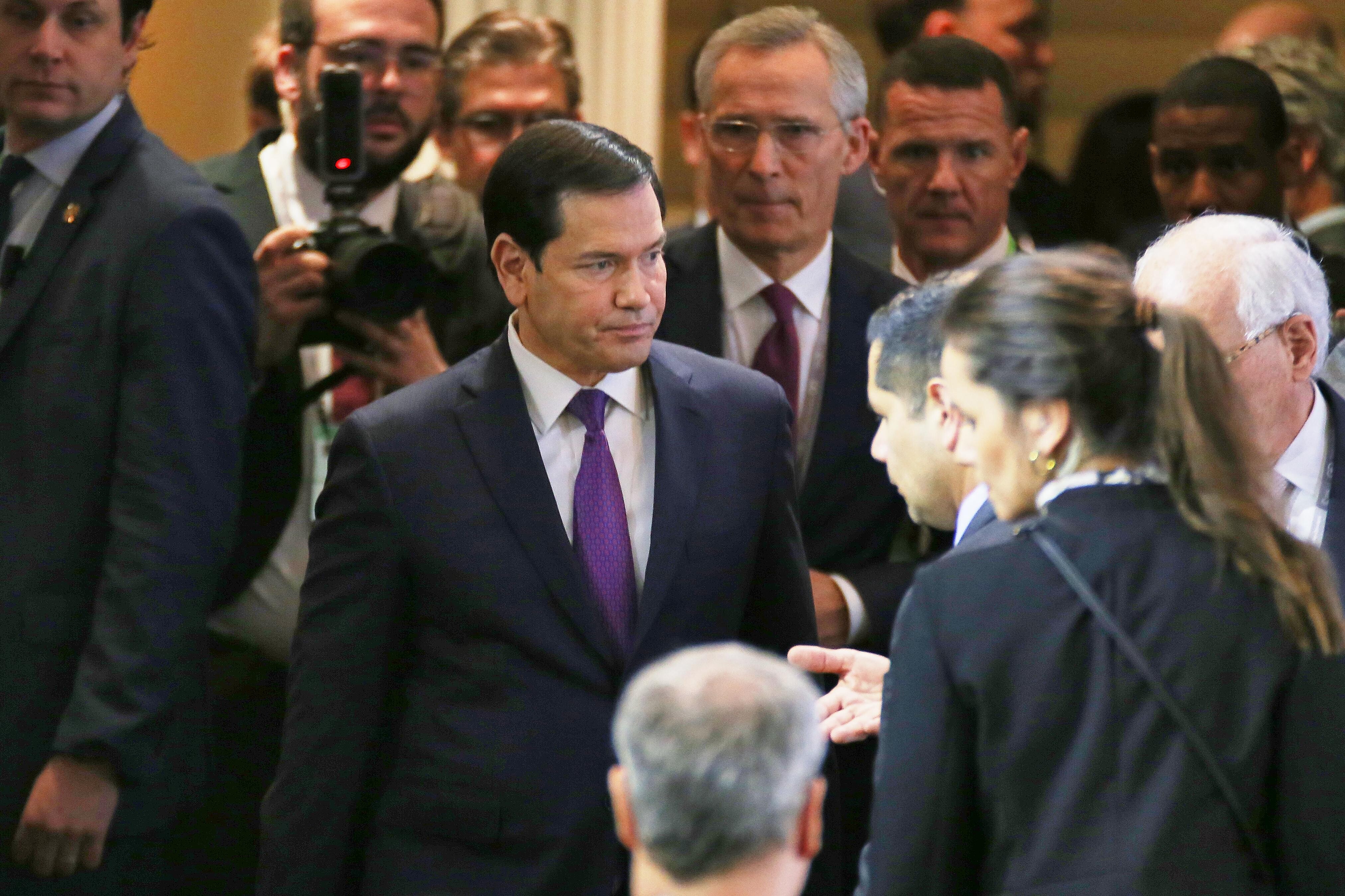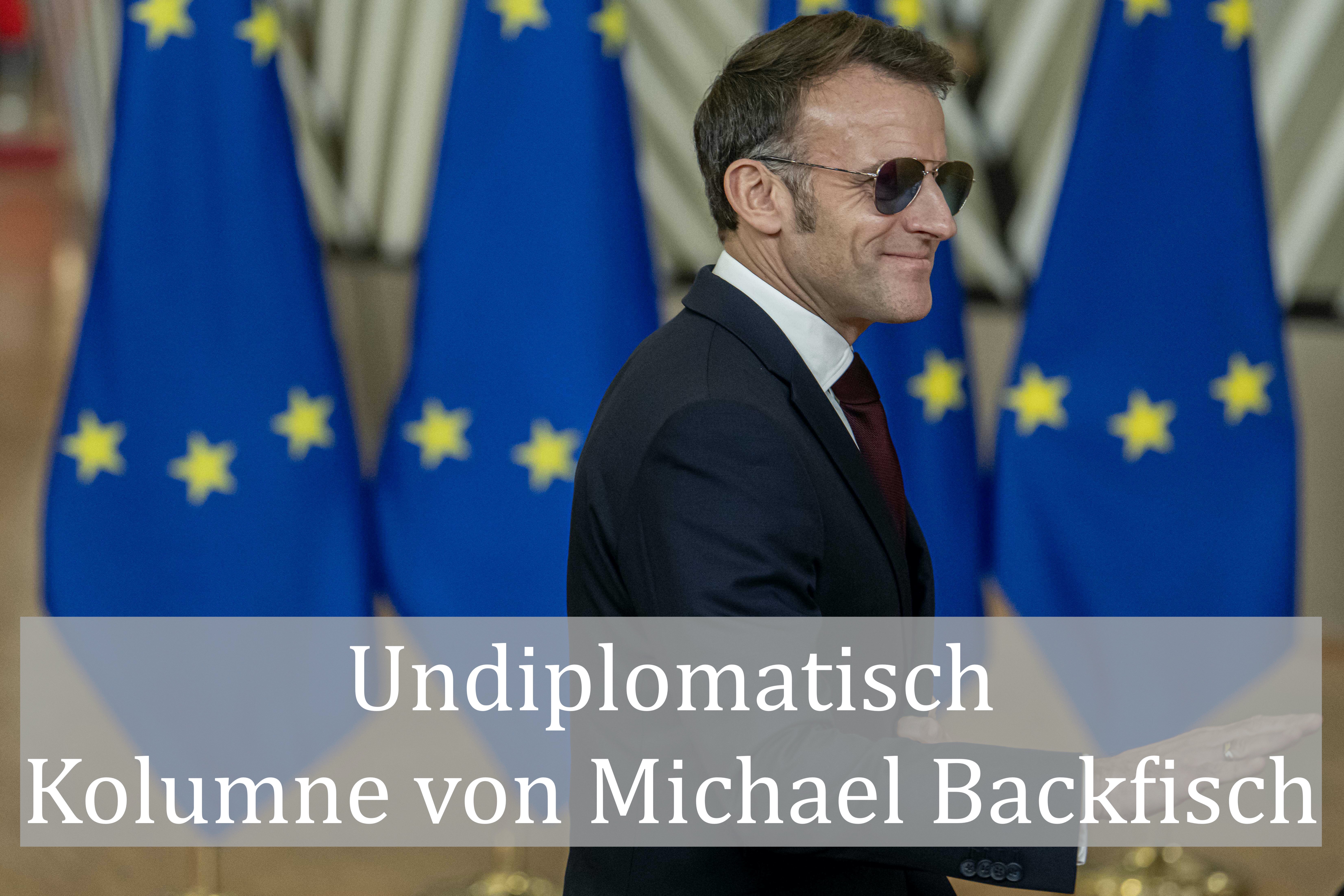diplo.news
Brussels promotes financial education for EU citizens

Europeans should be better informed about financial issues in the future. The European Commission recently presented the first EU financial education strategy in Brussels, which aims to make knowledge about money a key European issue. Financial literacy is seen as a central socio-political task; digital financial products, capital markets and private pension provision should be the basis for personal responsibility and participation.
Austria's Secretary of State for Finance Barbara Eibinger-Miedl sees the new EU financial education strategy as a “tailwind” for Austrian financial education measures, as she emphasized during her visit to Berlin. With its financial education strategy, Austria is playing a pioneering role in Europe. Austria has had the “National Financial Education Strategy” since 2021 and comprises more than 180 projects for young people, women, apprentices, small and medium-sized enterprises and consumers.
European solutions to US dominance
According to Eibinger-Miedl, the financial market is still dominated by the USA. “We are working so that we are less dependent on the USA and have more European solutions in the next few years,” said the Secretary of State for Finance.
Investing money is still underdeveloped in Europe, particularly in Austria. According to Eibinger-Miedl, seventy percent of people in the USA invest in the capital market, while only thirty percent save. In Austria, it is exactly the opposite: seventy percent prefer traditional savings accounts, while only thirty percent invest in the capital market. ‘The EU strategy aims to leverage the potential of private capital for large investments.’
Financial ambassadors in all EU countries
Only 18 percent of Europeans have higher levels of financial knowledge. “There is room for improvement” emphasized the State Secretary. This also applies regionally: In Austria, financial education offerings are concentrated in and around Vienna, but far too little in the federal states.
Austria was one of the first countries in the EU to establish a National Financial Education Strategy at an early stage.Eibinger-Miedl emphasised that all three parties in the current Austrian three-party coalition (ÖVP, SPÖ, Neos) showed equal interest and commitment to the issue of financial education.

Financial education should be coordinated across Europe on the basis of best practice examples. In order to communicate the topic better, there will be a campaign and a series of events across the continent. "Ambassadors" should be appointed in all member states for this purpose. In the seven months of her term so far, she has seen great interest in the topic among stakeholders from the banking and insurance sectors, but also among young people.
“Germany is not ready yet”
In an earlier and current conversation in Germany, she had the impression that Austria was envied for its pioneering role. In Berlin, she detected great interest in the Austrian experience. Germany is not ready yet, and the issue of financial education is not anchored in the current government program of the Grand Coalition. In addition, German federalism — educational competence lies with the federal states — is not making things any easier.
Eibinger-Miedl announced plans to support investments on the capital market, for example with tax breaks and combined savings and investment accounts, which should make it easier to get started.
For the Austrian Strategy, which applies from 2021 to 2026, Eibinger-Miedl has already commissioned a successor strategy from 2027. She wants to “do everything possible to ensure that Austria continues to maintain its pioneering role in financial education in the future,” emphasized the ÖVP politician. The focus of the coming years should be on capital market expertise, retirement provision for young people, protection in the digital space and special offers for target groups, particularly for women.
ekö




